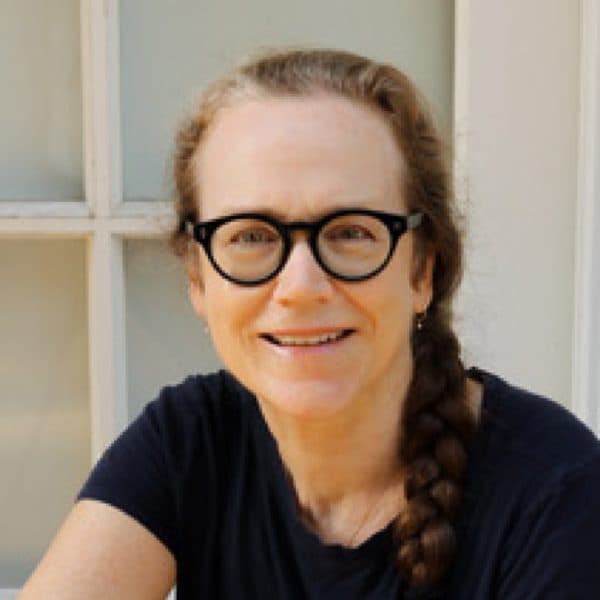Advertisement
Commentary
My Mother, The Doctor. She's Still Inside There Someplace
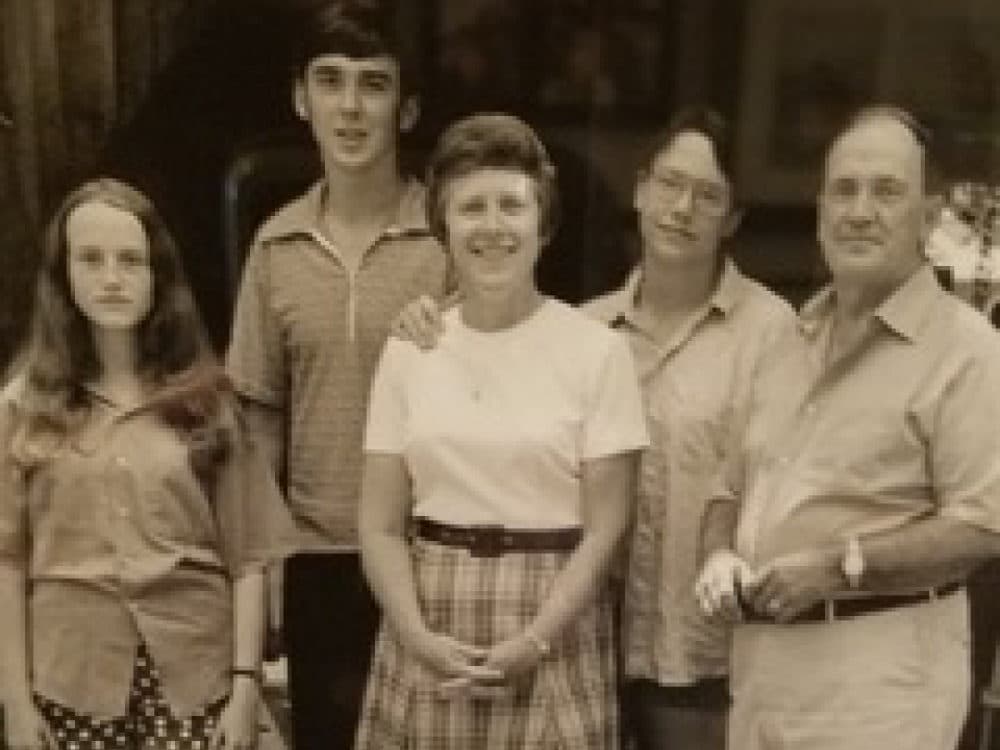
When I talk to book groups about my 92-year-old mother — which I don’t always do, as it is hard, and Zoom events call for mascara — I explain that she lives in a care facility because she has bad dementia, the same affliction that carried away my father a quarter of a century ago. As if there were a good kind of dementia.
Although I guess the loss of memory has this upside: Mama didn’t know how many months it had been since I’d seen her. Even so, half of every phone call consisted of her asking me when I’d visit, and me answering, “Soon.”
One day I finally said to her, “They won’t let us in to see you because of the pandemic.” Time may have lost all meaning for my mother, but a pandemic she understood. She was — still is — a doctor. “A pandemic, like the Spanish Flu,” I added.
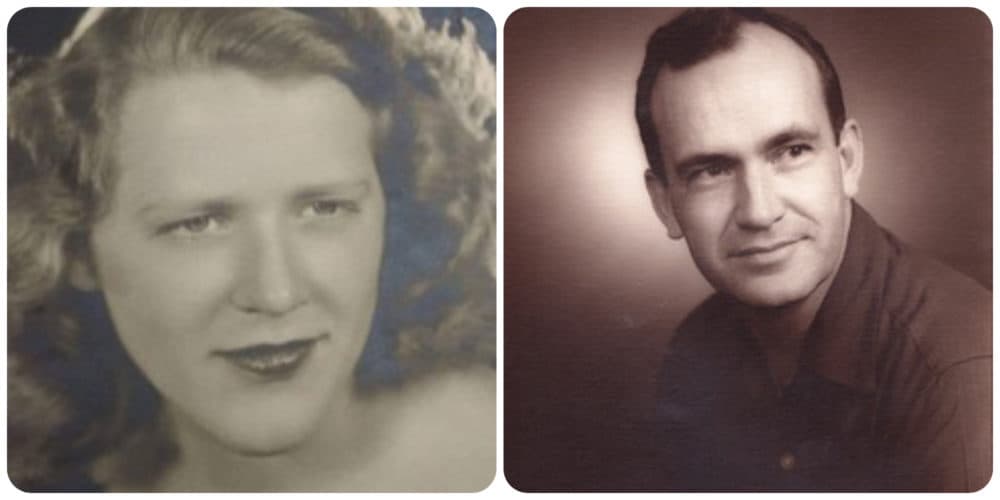
See, Mama can remember the bad old days when people were regularly housebound by contagion. She remembers — vividly — being a little girl confined to quarters when polio rampaged through her hometown. One of her brothers got carried off by a mysterious contagion when he was seven — sick on Thursday, dead on Monday. She told me she’d asked her mother how she survived that. “I had to,” she’d said. “I had a family to take care of.”
When I mentioned our current plague that day, Mama said, “Aunt Ruby had the Spanish flu.” This was news to me. Aunt Ruby was one of my father’s adopted older sisters. Had her parents died during the last global pandemic? Was this how she and her siblings had ended up in that orphanage? My mother couldn’t tell me, though she must have known the answer once.
The narrator of "Better Luck Next Time," that novel I’m discussing with book groups these days, is a mash-up of both my parents. My father, who did time as a “cowboy” on a divorce ranch outside of Reno during the Depression, gave me the springboard for the story, but my mother provided its heart and soul. If you come across a review of my book you might go in expecting a giddy romp. Well, it is that, mostly; but to me it’s also infinitely sad. The narrator, a retired doctor, tells his story fifty years later, from his room in a nursing home. To have once been someone so at the center of things, only to end life shuffled to the side. It kills me just to think about it.
Advertisement
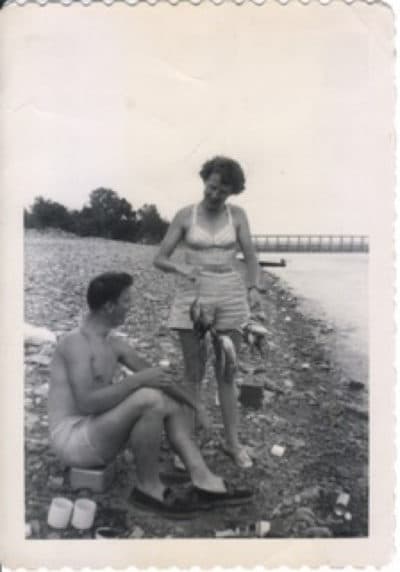
So, as you may imagine, my heart leapt upon reading a newspaper article about the FDA’s granting of emergency approval for a new drug to treat Alzheimer’s. Too late for my father, obviously. But for Mama? Alas, she’s too far gone for such a drug to do her any good. What about for us? My brother, my sister, me? All three of us feel like we’re looking down the barrel of a genetic pistol.
My mother, who went to medical school in Tennessee in the 1950s — one of two women accepted her year — was one of the smartest people I have ever known. She was kind, funny, fun to be around. All my friends who met her, even as adults, call her “Mama,” and still ask after her all the time. I seem to be taking her come-apart harder than I took my father’s. Possibly because I was so much younger then, just in my thirties, and I couldn’t imagine that a fate like his might be waiting for the rest of us.
I live in Los Angeles now, and Mama is in Alabama, in a nursing facility a mile from my brother’s house. Even in the best of times I don’t get to see her nearly enough. So patterning my character on her wasn’t just a way of paying tribute to her. Writing fiction, like reading it, is a way to manage pain. Also when you’re writing, you can make the story turn out pretty much any way you want. No so in life.
My mother was the sort of doctor who kept tweezers in her purse so she could pull the beard hairs of the old ladies in the nursing home who didn’t have anybody to do it for them anymore. When she left at the end of her rounds, she’d tell the nurses, “Save a spot for me. I’ll be here before you know it!”
And now there she is, though in Birmingham, not Shelbyville. Recently she got upset with my brother because she couldn’t find her suitcase. “I need to pack so I’ll be ready when you come to take me home,” she said. Not so long ago, he did take her to his house a few times a week for dinner, but then the pandemic hit. Like so many of the elderly who couldn’t see their loved ones as often as they used to, my mother went downhill fast.
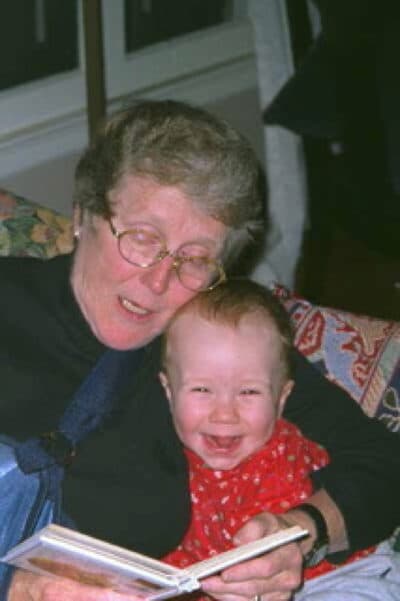
During the final months of writing this book I told myself I’d go to see Mama as soon it was finished. I finished in March of 2020. I thought I’d never get to see her again. I cried when I got my first COVID shot — my ticket to Alabama, once I’d had my second — and flashed on the way little children in the grocery store sometimes burst into tears when they saw Mama because she was the lady with the needle who gave them their vaccinations.
My brother had warned me about the precipitousness of her decline, so I wasn’t sure my mother would recognize me when she saw me again. Daddy, bedbound for years at the end of his life, had lost all of us, one by one, in a last-in, first-out way until the end, when he became convinced my mother was his mother. But when I walked into Mama’s room — her look of joy. I’ve been alive for 62 years now and in all that time I’ve never seen its equal.
I cut her hair and filed her nails. I showed her photographs on my phone, gave her a tour of my children’s Instagram feeds. I told her that a friend’s daughter was undergoing a bronchoscopy in a couple of days, and asked her if she knew what that was. She gave me a hilariously dismissive look and said, “Of course I know what a bronchoscopy is,” and then explained it to me. The doctor was still inside there, someplace.
I remembered to bring tweezers to pull out her beard hairs.
My brother advised that, when it was time to go, I should give Mama a kiss, say a quick goodbye and walk out without looking back. It wasn’t just that it would upset me to prolong my departure, although of course it would. It was more that it would be easier on her — like ripping off a band aid to reduce the pain. “Do not linger,” he said.
“I will not,” I said. I didn’t.
As I left, I made the mistake of looking back. My mother was holding her hand out to me.
“Come back,” she said.
I wanted to say the same to her. Instead, I somehow managed to choke out, “Soon.”
Julia Claiborne Johnson is the bestselling author of the novels "Better Luck Next Time" and "Be Frank with Me."
